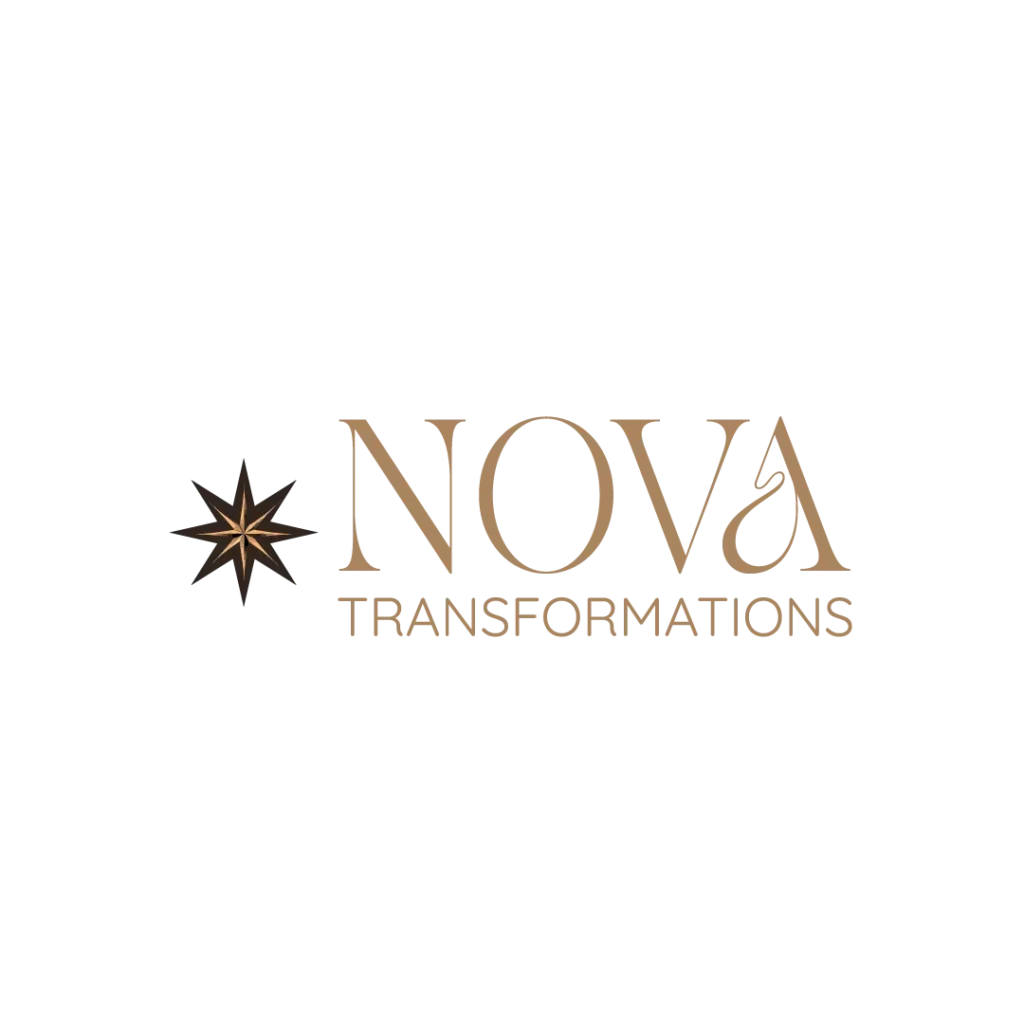Understanding Depression and Addiction
Statistical Insights
Understanding the prevalence of depression and addiction is crucial for those seeking effective treatment options. Globally, over 350 million people suffer from depression, and in any given year, more than 15 million adults in the United States experience clinical depression, accounting for nearly 7% of the population (American Addiction Centers).
The following table summarizes some key statistics related to depression:
| Statistic | Percentage |
|---|---|
| People suffering from depression worldwide | 350 million |
| U.S. adults experiencing clinical depression annually | 7% |
| Adults affected by Major Depressive Disorder (MDD) | 8% |
| Women experiencing postpartum depression | Up to 16% |
Link Between Alcohol Use Disorder and Depression
There is a significant connection between alcohol use disorder and major depression. Research indicates that over 20% of individuals with alcohol addiction also meet the criteria for a comorbid major depressive disorder (American Addiction Centers). Moreover, individuals seeking treatment for alcohol use disorder are over 40% more likely than the general population to have at least one mood disorder.
The following points highlight the relationship between alcohol and depression:
- Comorbidity Rate: Over 20% of those with alcohol addiction also have major depressive disorder.
- Mood Disorder Risk: Those seeking treatment for alcohol addiction experience a higher prevalence of mood disorders.
Understanding this link is essential for developing effective depression and addiction treatment programs. Choosing a facility like Nova Transformations can provide you with integrated and specialized treatment plans tailored for co-occurring disorders, ensuring both your mental health and addiction recovery needs are met.
Importance of Co-Occurring Disorders Treatment
Understanding the significance of treating co-occurring disorders is essential for effective recovery from both depression and addiction. Integrated treatment approaches not only address the symptoms but also improve overall health outcomes.
Impact on Recovery
When you or your loved one is struggling with both mental illness and substance use disorders, it is crucial to engage in comprehensive treatment that addresses both issues simultaneously. Research indicates that integrated care is preferred as it leads to improved quality of care, recovery rates, and long-term success. This approach allows you to receive support tailored to your unique experiences, promoting holistic healing.
Benefits of Integrated Treatment
| Benefit | Description |
|---|---|
| Improved Symptom Management | Treating both disorders concurrently helps manage overlapping symptoms more effectively. |
| Higher Recovery Rates | Integrated treatment approaches lead to higher recovery rates than treating each disorder separately. |
| Reduced Risk of Relapse | Comprehensive care reduces the likelihood of returning to substance use by addressing root causes. |
| Enhanced Support Systems | A unified treatment plan allows for better communication among healthcare providers, family, and support networks. |
Integrated Treatment Approaches
An integrated treatment model utilizes a blend of therapies designed to address both the mental health and substance use disorders simultaneously. These therapies include:
- Cognitive-Behavioral Therapy (CBT)
- Motivational Interviewing
- Functional therapies
Such strategies align treatment goals and facilitate better communication between clinicians and patients. By utilizing the best practices in depression and addiction treatment, you can benefit from a customized recovery plan that fosters resilience and empowers you on your path to wellness.
Integrated care also follows a “no wrong door” policy, where individuals seeking treatment are routinely screened for each disorder, ensuring appropriate care and effective referrals (SAMHSA). This method allows you to navigate the complexities of co-occurring disorders with expert guidance.
Selecting a facility like Nova Transformations ensures that you receive comprehensive support throughout your journey to recovery, enhancing both your mental health and sobriety. For assistance, explore options in tailored programs such as alcohol addiction treatment and cognitive behavioral therapy for holistic healing.
Treatment Options for Co-Occurring Disorders
Navigating the complexities of both depression and addiction can be challenging. However, comprehensive treatment options exist to support your journey to recovery. Here, we explore medications and therapies, along with the role of support and social networks.
Medications and Therapies
A combination of medications and behavioral therapies is often the most effective approach for treating co-occurring disorders, improving your chances for a successful recovery. Research shows this combination can contribute to full recovery and the ability to live a self-directed life (SAMHSA).
Medications play a crucial role in normalizing brain chemistry, managing cravings, and alleviating withdrawal symptoms. FDA-approved medications used in the treatment of alcohol use disorder (AUD) and opioid use disorder (OUD) include:
| Medication | Purpose |
|---|---|
| Acamprosate | Helps maintain abstinence from alcohol |
| Disulfiram | Produces unpleasant effects when alcohol is consumed |
| Naltrexone | Blocks euphoric effects of alcohol and opioids |
| Buprenorphine | Reduces cravings and withdrawal symptoms for OUD |
| Methadone | Reduces cravings and helps stabilize recovery from opioid addiction |
All these medications are safe for long-term use and can be used for months or even a lifetime.
Therapies such as cognitive behavioral therapy (CBT) and dialectical behavior therapy (DBT) are also effective for managing the symptoms of both depression and addiction. These therapies focus on changing negative thought patterns and behaviors, equipping you with coping mechanisms. For more information about these therapies, consider exploring cognitive behavioral therapy addiction and dbt therapy for addiction.
Support and Social Networks
Having a strong support system is essential during your recovery process. Connecting with others who understand your journey can provide comfort and motivation.
Support networks can include:
-
Family and Friends: Engaging your loved ones in your recovery path offers emotional support. Programs like family support therapy addiction can also educate them on how to help effectively.
-
Peer Support Groups: Organizations like Alcoholics Anonymous (AA) or Narcotics Anonymous (NA) facilitate group sharing, helping you build community and accountability.
-
Professional Support: Finding a therapist or counselor skilled in treating co-occurring disorders provides tailored strategies that can complement your medication. Programs like peer support rehab offer both professional and peer-facilitated support.
Integrated care, which considers both mental illness and substance use disorders, is recommended for better health outcomes. This holistic method addresses the whole person, ensuring all aspects of your health are managed appropriately (SAMHSA).
As you explore treatment options for depression and addiction, understanding the variety of available resources empowers you to choose a path tailored to your individual needs.
Aftercare and Relapse Prevention
Recovery from addiction and depression is a complex process that requires ongoing support and structured aftercare. Two vital components of this phase are structured outpatient programs and sober living homes.
Structured Outpatient Programs
Structured outpatient treatment programs for aftercare play a critical role in maintaining sobriety. These programs vary in levels of intensity and duration, with some meeting daily and others having sessions a few times a week. They are designed for individuals who can attend regular therapy and counseling sessions, have reliable transportation, and live in a stable housing environment (American Addiction Centers).
In these programs, you will benefit from continuous therapy sessions that help reinforce recovery skills and coping mechanisms. Here is a table detailing common aspects of structured outpatient programs:
| Feature | Description |
|---|---|
| Frequency of Sessions | Daily or several times a week |
| Duration | Typically several weeks to months |
| Focus Areas | Therapy, counseling, life skills development |
| Support Provided | Peer support, family involvement |
By engaging in structured outpatient programs, you can maintain your connection to a supportive community and continue building the skills necessary for long-term recovery. For more information on addiction treatments, you can explore our dual diagnosis mental health and addiction services.
Sober Living Homes
Sober living homes are another crucial element in the aftercare process. These are drug- and alcohol-free residences that provide a safe and supportive environment for individuals in recovery. These homes promote a person-centered and strength-based approach, encouraging residents to actively work on their recoveries while adhering to house rules that mandate abstinence from drugs and alcohol (American Addiction Centers).
Living in a sober home supports your recovery journey by providing:
| Sober Living Home Feature | Description |
|---|---|
| Structure | Rules and guidelines to promote a sober lifestyle |
| Community Support | Shared living with individuals on similar recovery paths |
| Life Skills Development | Opportunities to learn and practice essential life skills |
| Accountability | Regular check-ins with house managers and peers to maintain sobriety |
Choosing a sober living home can significantly impact your recovery journey, offering a cohesive environment where you can continue healing and building a foundation for a drug-free life. If you’re interested in learning more about specific addiction recovery programs, consider exploring options such as alcohol addiction treatment and fentanyl addiction program.
Taking these steps towards structured aftercare and sober living will further enhance your recovery efforts, providing the tools you need to maintain lasting sobriety and mental health.
Dual Diagnosis and Comorbidity Facts
Screening and Diagnosis
Understanding your condition is the first step towards recovery. Co-occurring disorders, such as depression and substance use disorders, are diagnosed through comprehensive screening and multi-level assessments. This process takes into account your physical and mental health history, substance abuse history, previous treatments, and any periods of abstinence. It’s important to note that the diagnostic process can be complex due to the overlapping symptoms of various mental health facets and substance use disorders. You can find more information on integrated treatment options through our dual diagnosis mental health and addiction resource.
During the assessment, clinicians evaluate different aspects of your well-being, including strengths and weaknesses, skill deficiencies, and personal barriers to following recommended treatment regimens. This thorough approach ensures you receive a tailored treatment plan that effectively addresses both disorders.
| Assessment Components | Description |
|---|---|
| Physical Health History | Review of past physical health issues. |
| Mental Health History | Assessment of mental health conditions. |
| Substance Abuse History | Examination of past substance use experiences. |
| Previous Treatment | Evaluation of past treatment effectiveness. |
| Relapses and Periods of Abstinence | Discussion of relapse patterns and duration. |
Behavioral Therapies
Behavioral therapies play a significant role in the treatment of co-occurring disorders. They are essential for engaging you in treatment, improving treatment adherence, and reducing the risk of relapse. Various therapeutic approaches can be employed, including:
-
Cognitive-Behavioral Therapy (CBT): This therapy has shown effectiveness in reducing both substance use and depressive symptoms among individuals with co-occurring disorders. CBT focuses on identifying and changing negative thought patterns and behaviors.
-
Motivational Interviewing (MI): MI is typically implemented over one to four sessions and is designed to build your motivation for change and strengthen your commitment to recovery. This patient-centered approach tailors the process to your individual goals and readiness to change (PMC).
-
Integrated Treatment Approaches: Addressing symptoms of both mental health and substance use disorders simultaneously is proven superior to treating each disorder independently (American Addiction Centers). This integrated approach can involve a mix of therapies that cater to your unique needs.
Engaging in these therapies can help you not only manage your addiction but also address underlying mood disorders, fostering a more comprehensive path to recovery. For more on how behavioral therapies can support your journey, check out our insights on cognitive behavioral therapy addiction and dbt therapy for addiction.
Research and Clinical Trials
The ongoing research and clinical trials in the field of depression and addiction treatment are creating new pathways for effective recovery. Understanding these advancements and ongoing studies can provide hope and insight into treatment options available for you or your loved ones.
Advancements in Treatment
Recent efforts led by the National Institute of Mental Health (NIMH) focus on expanding therapeutic options for addiction treatment. This encompasses overdose treatment, medication-assisted treatment for opioid use disorder, and developing integrated approaches for individuals facing both addiction and mental health issues. NIMH’s Helping to End Addiction Long-term® Initiative (NIH HEAL Initiative®) aims to optimize the delivery of services for those with concerns related to opioid use disorders, mental disorders, and suicide risk (NIMH).
Key advancements include:
| Advancement | Description |
|---|---|
| Medication-Assisted Treatment | Use of medications combined with counseling to treat opioid use disorder effectively. |
| Integrated Care Models | Comprehensive assessment tools used by healthcare providers can lead to more accurate diagnoses and treatment plans for co-occurring disorders. |
| Innovative Therapies | New therapeutic techniques tailored to simultaneously address addiction and mental health issues (NIMH). |
Each of these advancements emphasizes the need for coordinated treatment efforts, ensuring you receive support tailored to both addiction and any underlying mental health concerns.
Ongoing Studies
Clinical trials play a pivotal role in exploring novel treatments and therapies for managing both addiction and depression. These studies aim to develop new methods for prevention, detection, and treatment of co-occurring disorders. You can look for ongoing studies specific to your needs by visiting relevant research websites.
Some notable areas of exploration include:
| Area of Research | Description |
|---|---|
| Co-Occurring Disorder Protocols | Updated guidelines from SAMHSA focus on preventing and treating substance use and mental disorders in individuals with dual diagnoses (SAMHSA). |
| Innovative Therapeutics | Research into newer medications and therapies aimed at enhancing the effectiveness of addiction treatment and improving mental health outcomes. |
| Impact of Integrated Care | Studies assessing integrated treatment approaches to evaluate their effectiveness on recovery outcomes. |
For individuals seeking effective depression and addiction treatment, staying informed about research and clinical trials can facilitate informed decisions about therapy options available through programs like those offered by Nova Transformations.








